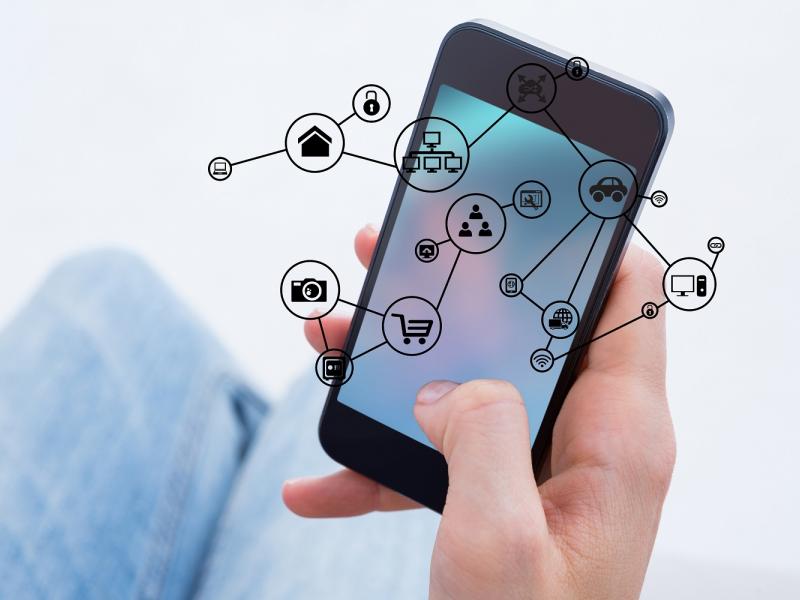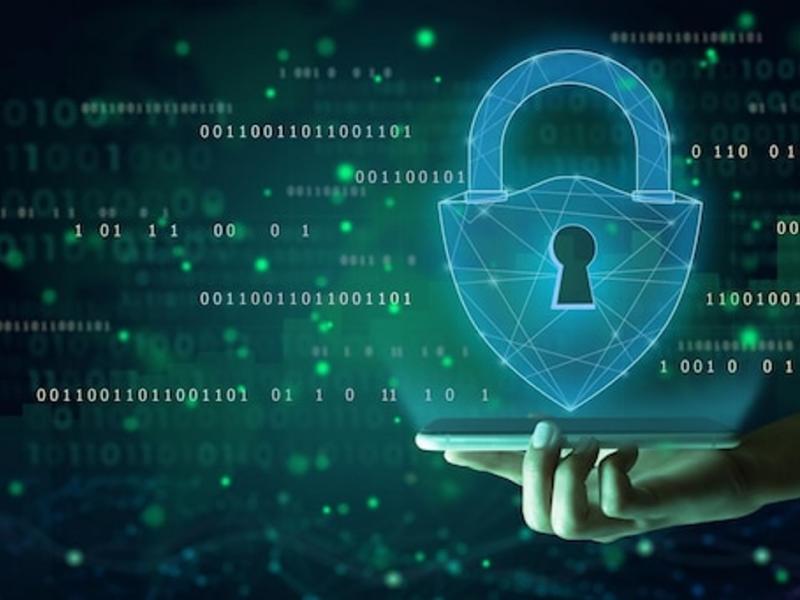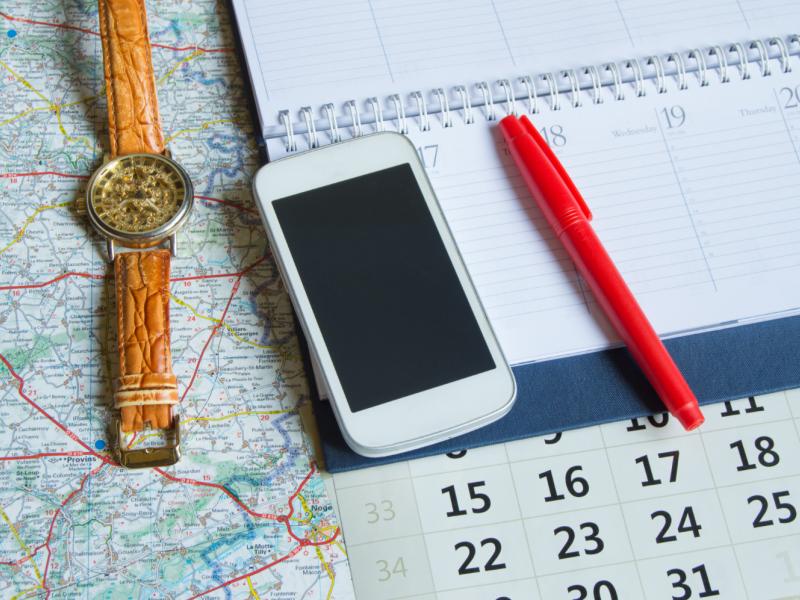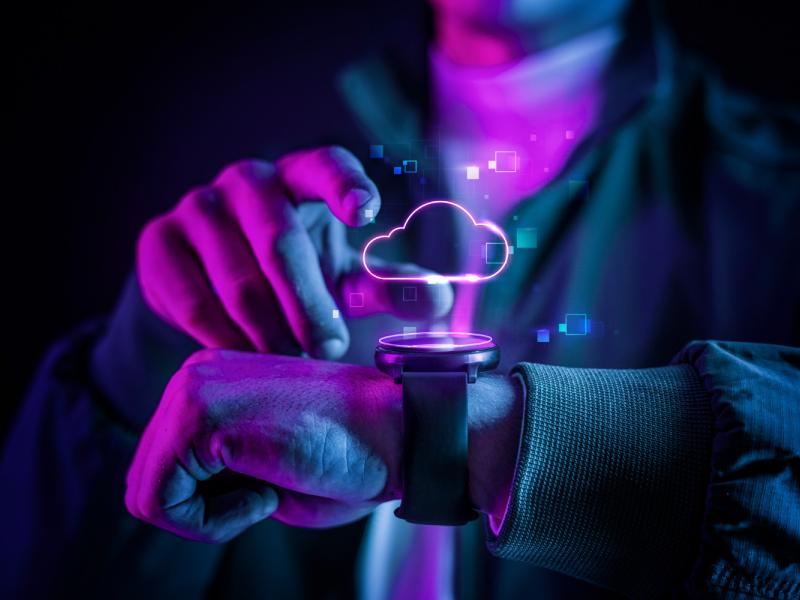Smart
As citizens of the developed world in the 21st century, we are almost permanently surrounded by technology, whether we are at home, travelling or participating in the community.
Broadly speaking this pervasive ICT support for citizens takes two main forms:
- Mobile technology for when we are “out and about”
- “Smart home” technology: fixed or wireless technology that can assist us in domestic spaces, community settings and public spaces.
The training package SMART mainly focuses on delivering ICT for HEALTHY and ICT for BUILT training content for facilitators who would like to engage in the SHAFE economy either as volunteers or as entrepreneurs. The SMART training package will help to demonstrate for those facilitators how to use Internet of Things (IoT) and mobile technology to enable them to support smart healthy ageing at home and in the community.
Modules

This module presents an introduction to mobile technology that can help to support active and healthy lifestyles to facilitate independent living. It covers some of the things to consider about buying and setting up mobile devices.

This module describes how to make and receive calls with a smartphone. It adopts a practical hands-on approach and is intended to be a resource for those who work with mobile technology themselves. It can also be used as a reference to help less confident users to make calls on a smartphone.

There are a number of different ways to communicate by text on a smartphone. This module will focus on a brief introduction to three approaches for sending textual information: SMS messaging, e-mails and social media texting through apps such as WhatsApp and similar applications.

This module describes some things to be careful about when you are using mobile technology.

This module covers some of the more advanced uses of a mobile phone that can be useful in organising your day. The “Calendar”, “Clock” and “Google Maps” apps are very useful to help you remember appointments and find your way to them.

SMART modules 1, 2 and 3 focused on mobile devices, SMART module 4 discussed mobile security while SMART module 5 considered the more advanced topic of using maps and calendars on mobile devices. The next step is to look at wearable technology. We will focus on wearables for health, well-being and lifestyle with
a particular focus on smartwatches.

This module provides an overview of rudimentary home security locks that has been publicised by policing agencies to minimise crime directed at older persons. There is no reliance on high technical solutions, but smart creative strategies that can be easily and modestly implemented in most properties. Certain types of keys can make it difficult for the older person to gain entry, or secure their property when they are inside. Knowing what alternatives are available could make life easier and permit the older person retain their independence and confidence for longer.

This module provides an overview of basic off the shelf home switch sockets that can be switched on and off using a remote control. This is a low tech solution, but is a smart creative strategy that can be easily and cheaply implemented in most existing dwellings. The main emphasis is to explain smart switch sockets that come out of a set package and not the more technical units using network routers and IP configurations.

